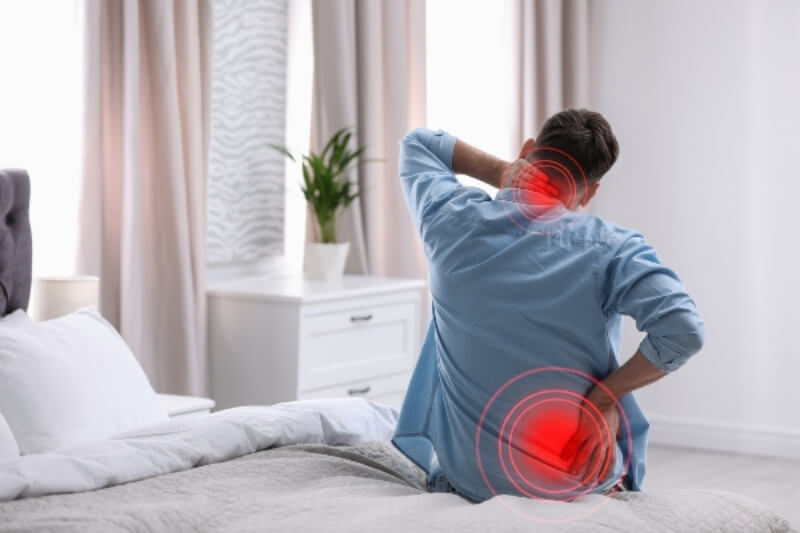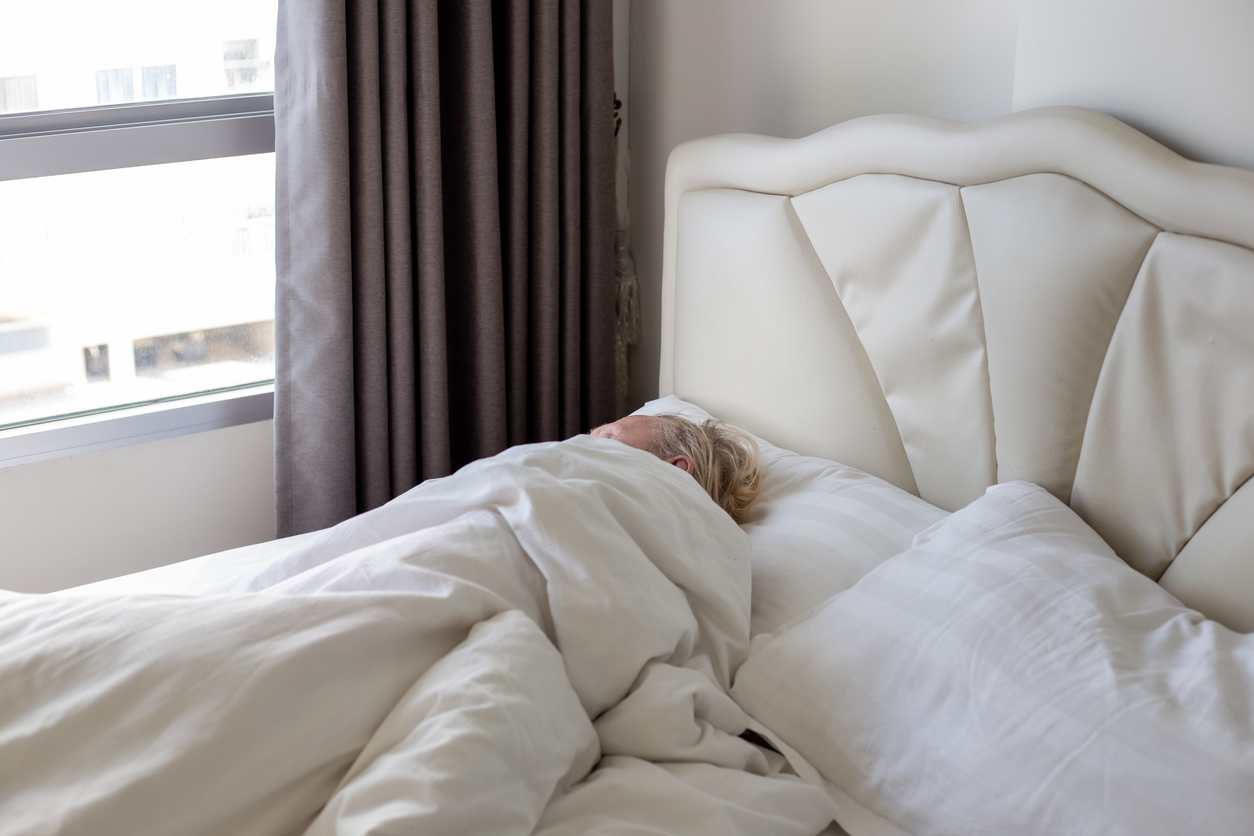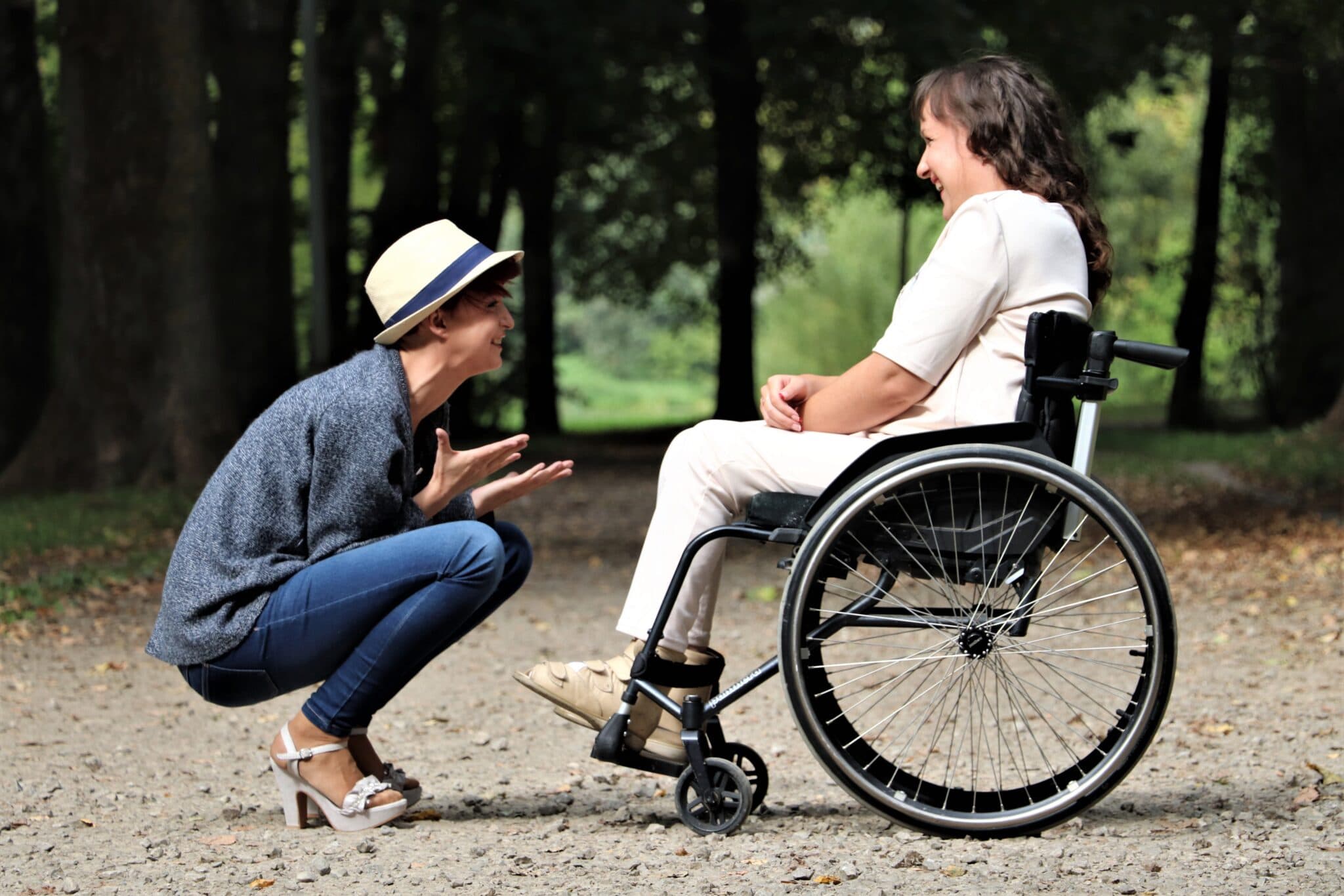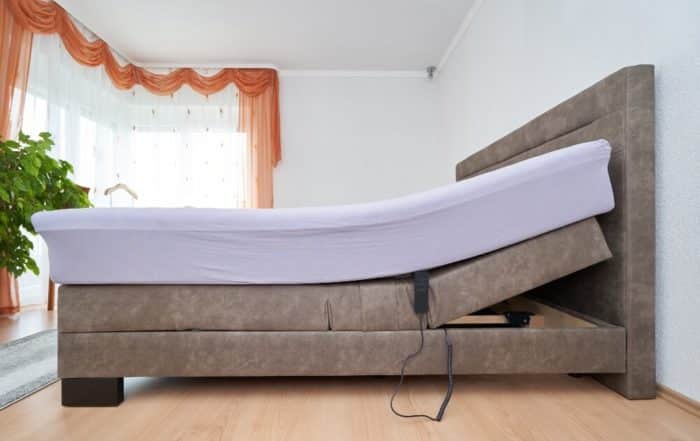Signs You Need a Better Mattress for Your Back
Social Links
Everyone gets a little back pain from time to time – perhaps we’ve done a little too much in the garden, picked up something we shouldn’t have or walked into the corner of a cupboard. Usually, the cause is obvious and after a bit of TLC from our loved ones we can treat it ourselves with rest and perhaps an aspirin.
Sometimes, however, the pain lingers and there’s no obvious reason why. In this case it doesn’t do just to say we’re fine and carry on, as the pain could be indicative of a deeper problem. And though it may be easier to ignore than someone nagging that we’re overdoing it, it’s still a good idea to investigate it before it evolves into something more serious.
Do you need a new mattress?
As we spend around eight hours a day in bed, the surface we sleep on ought to be supporting us – and it certainly shouldn’t be making us worse. Obvious signs that your mattress needs replacing are if it creaks, sags, smells or you can feel wires poking into you – but there are other signs to look out for that might not be so noticeable.
It could be that you have trouble getting to or staying asleep, you wake up with aches and pains or feeling unrested, or your partner reports you tossing and turning more than usual. You might also detect an impression of your body that doesn’t disappear when you get up, meaning the mattress has lost its flexibility and is no longer providing adequate support.
How you should sleep
The best mattress for back pain is one that supports the back and neck in its natural ‘S’ shape. Sleeping with your back hunched, overarched or in another awkward position puts pressure on the muscles and ligaments around the spine, contributing to pain and stiffness during the day. Over time this can lead to problems such as poor posture and shortened muscles.
If you already have an existing back condition it’s even more important that you have a good mattress, as not only does it keep pressure off tender or swollen areas, but a good night’s uninterrupted sleep promotes the body’s own healing processes and slows degeneration of bone and tissue.
What to look out for
While it’s important to get the right treatment and ensure you have adequate support if you do have any back problems, it’s far better to prevent them in the first place, as many back-related conditions (such as osteoarthritis and spinal stenosis) are degenerative and difficult to reverse. If you experience any of the following, it may be a sign that it’s time to get a new mattress.
Back pain on sneezing
Sneezing – and sometimes even coughing or yawning – can put pressure on the muscles of the lower back, which in turns puts pressure on the spine and nerves. That’s why sometimes a sneeze can cause sharp or shooting pain in the lower back.
Sometimes, a particularly violent sneeze can even cause a muscle to tear, in which case the muscle will be tender for a while. This kind of issue is more likely if the muscles have been previously weakened by strain or injury – including being unsupported while you sleep.
Shifting back
Between each vertebra in the back is a spongy disc, which cushions the bones so they don’t grind against each other. Shifting back – also known as a slipped, ruptured or herniated disc – occurs when the soft, jelly-like substance inside one of those discs pushes through the outside, usually pressing on the nerves in the back in the process.
This is usually the result of a violent action, such as a sudden twist or abrupt weightbearing, but it can also happen when the spine is forced into an inappropriate position for a prolonged period – such as when we’re asleep. If you think you may have a slipped disc because of your mattress, you might find that a firmer model with low bounce-back, such as a memory foam or pocket-sprung mattress, provides better back pain relief. If it’s a common or recurring problem you could consider an electric adjustable bed with a supportive electric bed mattress, which will allow you to change position more easily.
Back feeling cold
If your back stiffens up when it’s cold, then the environment, rather than your mattress, is likely to be the culprit. You may, however, find a mattress that holds its heat such as memory foam, helps you get a better rest. You should also make sure you sleep in an unrestricted position so your back gets adequate blood flow, which will keep it warm and your muscles loose.
On the other hand, if your back is cold because it’s not getting adequate blood supply, then this could be a sign of a restricted muscle or blocked nerve. In this case, you may find that an adjustable bed, with an appropriate adjustable bed mattress that aids pressure distribution, will help, but you should also consult a professional to rule out any circulation problems.
Pain above buttocks
Pain in the lower back and upper hips region could be caused by several issues including obesity, a strain or tear in the muscles or ligaments, or any number of existing conditions. It could also be sciatica, which is an impingement on the large nerve that runs from the middle of your back, through the buttocks and down your leg, and is often characterised by sharp, shooting pain.
In the case of sciatica, a new mattress won’t eliminate the problem, but it may help you get a better night’s sleep, which will reduce inflammation and promote healing. To avoid compression on the area, a medium-to-firm mattress is generally better than a soft one for sciatica and sleeping on the unaffected side with a pillow between your knees may help.
The bottom line
Our bodies are good at telling us what we need – for example, we always know when we need food, water or warmth. But there are other, more subtle signs that can tell us when something is wrong, and when it comes to our backs, they shouldn’t be ignored.
Often, a simple change is enough to divert a future problem, and a new, more supportive mattress can do a lot both to keep our backs in working order and help repair them when they’re not. Even with today’s modern technologies and treatments, it’s still better to take good care of our back – after all, we’ve only got one!
*This website contains general medical information. The medical information is not advice and should not be treated as such. Read our full Medical Disclaimer here.



